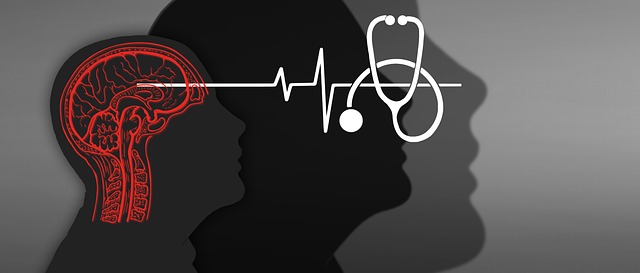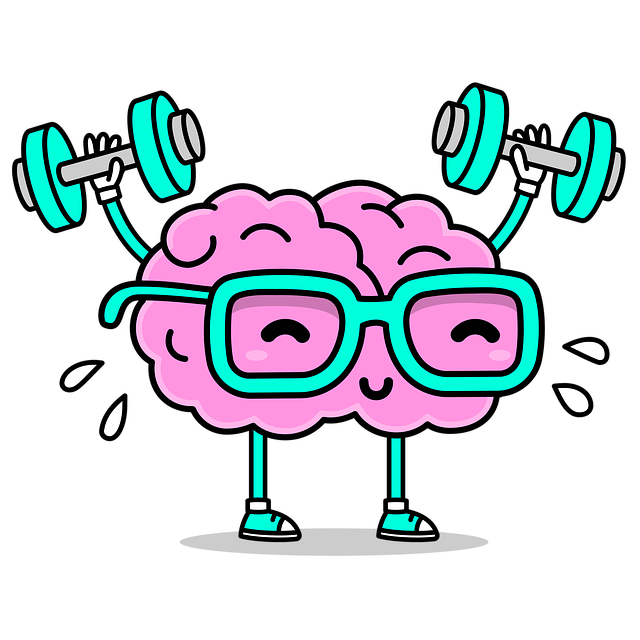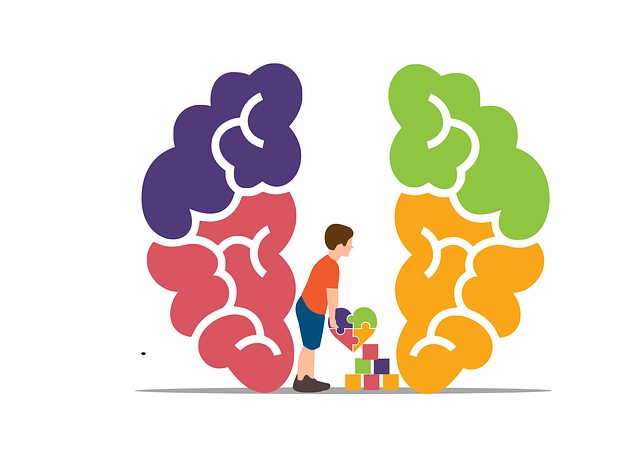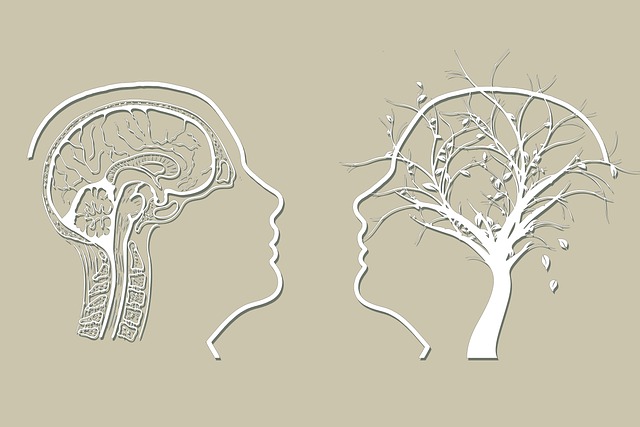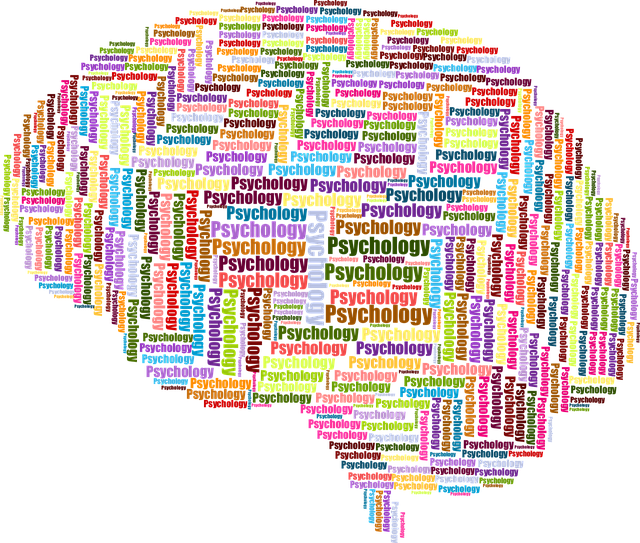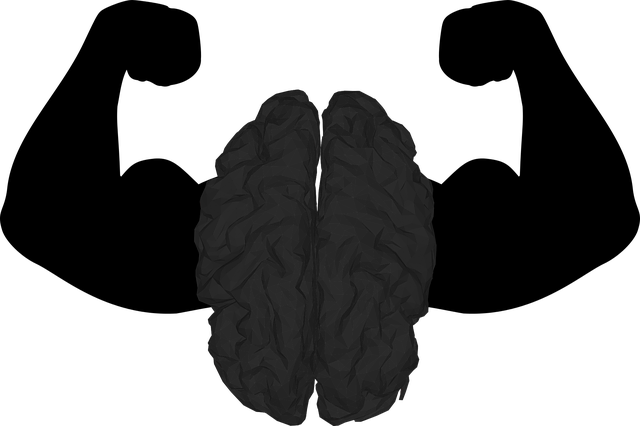Mental wellness self-assessment tools are essential for personal growth and early detection of issues like Englewood Obsessive Compulsive Disorder (OCD) therapy needs. These assessments encourage self-reflection, empower individuals to take charge of their mental well-being, and facilitate access to effective services through evidence-based approaches and advocacy. The integration of these tools in OCD therapy has transformed care, emphasizing cultural sensitivity, emotional intelligence, and burnout prevention for healthcare providers. Online platforms or mobile apps delivering user-friendly, culturally relevant assessments can improve mental health outcomes by guiding users to appropriate resources or professional help.
Mental wellness self-assessment tools play a pivotal role in personal growth and mental health support. This article explores the development of such tools, focusing on understanding their significance and providing practical insights from Englewood Obsessive Compulsive Disorder (OCD) therapy. We delve into creating effective assessment frameworks, highlighting best practices for implementation to enhance mental health services. By integrating self-assessment tools, individuals can gain deeper insights into their well-being and access tailored support, ultimately fostering a holistic approach to mental wellness.
- Understanding Mental Wellness Self-Assessment: A Foundation for Personal Growth
- Englewood Obsessive Compulsive Disorder (OCD) Therapy: Integrating Self-Assessment Tools
- Development and Implementation: Creating Effective Assessment Frameworks for Enhanced Mental Health Support
Understanding Mental Wellness Self-Assessment: A Foundation for Personal Growth

Mental wellness self-assessment tools play a pivotal role in fostering personal growth by offering individuals a clear view into their mental health status and areas for improvement. These assessments are essential for early detection of issues such as Englewood Obsessive Compulsive Disorder (OCD) therapy needs, allowing for timely intervention. By encouraging self-reflection, these tools empower people to take charge of their mental well-being.
They serve as a foundation for tailored strategies like empathy building strategies, which can significantly enhance therapeutic outcomes. Moreover, regular mental wellness journaling exercises guided by evidence-based approaches can complement professional support, while Mental Health Policy Analysis and Advocacy ensures that individuals have access to effective services.
Englewood Obsessive Compulsive Disorder (OCD) Therapy: Integrating Self-Assessment Tools

Englewood Obsessive Compulsive Disorder (OCD) therapy has significantly evolved with the integration of self-assessment tools, enhancing the effectiveness of treatment and tailoring interventions to individual needs. These tools play a pivotal role in early detection, enabling mental health professionals to address OCD symptoms proactively. By incorporating self-assessment, therapists can gain valuable insights into the unique experiences and triggers of each client, fostering more personalized and culturally sensitive care. For instance, understanding cultural nuances related to OCD, such as differing perceptions of obsessions and compulsions across diverse communities, is essential for developing inclusive treatment strategies that resonate with a broader spectrum of individuals.
Moreover, emotional intelligence serves as a cornerstone in Englewood OCD therapy, empowering both therapists and clients to navigate the complexities of their conditions. Burnout prevention strategies for healthcare providers are also integrated, ensuring that therapists maintain resilience and compassion throughout the therapeutic process. This holistic approach not only benefits patients but also promotes sustainable mental wellness self-assessment practices within the healthcare system.
Development and Implementation: Creating Effective Assessment Frameworks for Enhanced Mental Health Support

The development of effective mental wellness self-assessment tools is a pivotal step in enhancing access to quality mental health support. These frameworks serve as gateways, enabling individuals to introspect and identify areas of concern, be it anxiety disorders like Englewood Obsessive Compulsive Disorder (OCD) therapy or broader issues such as stress management and self-esteem improvement. A well-structured assessment should aim to capture the nuances of an individual’s mental state, incorporating a range of questions and metrics that cater to different aspects of psychological well-being.
Implementing these tools requires careful consideration of cultural relevance, accessibility, and user-friendliness. Online platforms or mobile applications can be leveraged to reach a broader audience, ensuring anonymity and confidentiality which encourages honest self-reflection. Moreover, integrating communication strategies within the assessment framework can facilitate personalized feedback, guiding users towards appropriate resources or suggesting professional help when needed, ultimately fostering better mental health outcomes.
Mental wellness self-assessment tools play a pivotal role in fostering personal growth and enhancing access to mental health support. As demonstrated by Englewood Obsessive Compulsive Disorder (OCD) therapy, integrating these tools allows for more tailored and effective treatment plans. By developing and implementing robust assessment frameworks, we can significantly improve mental health outcomes, ensuring that individuals receive the necessary guidance and care. This approach not only empowers individuals to take charge of their mental wellness but also contributes to a more holistic and accessible mental health system.
